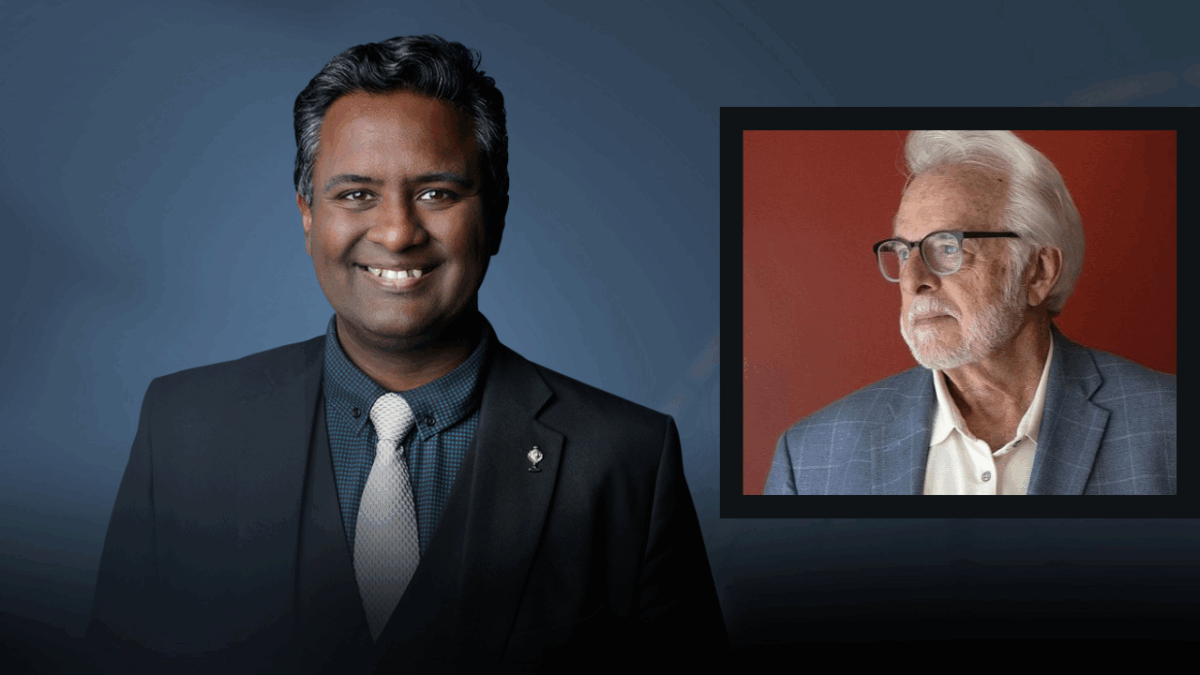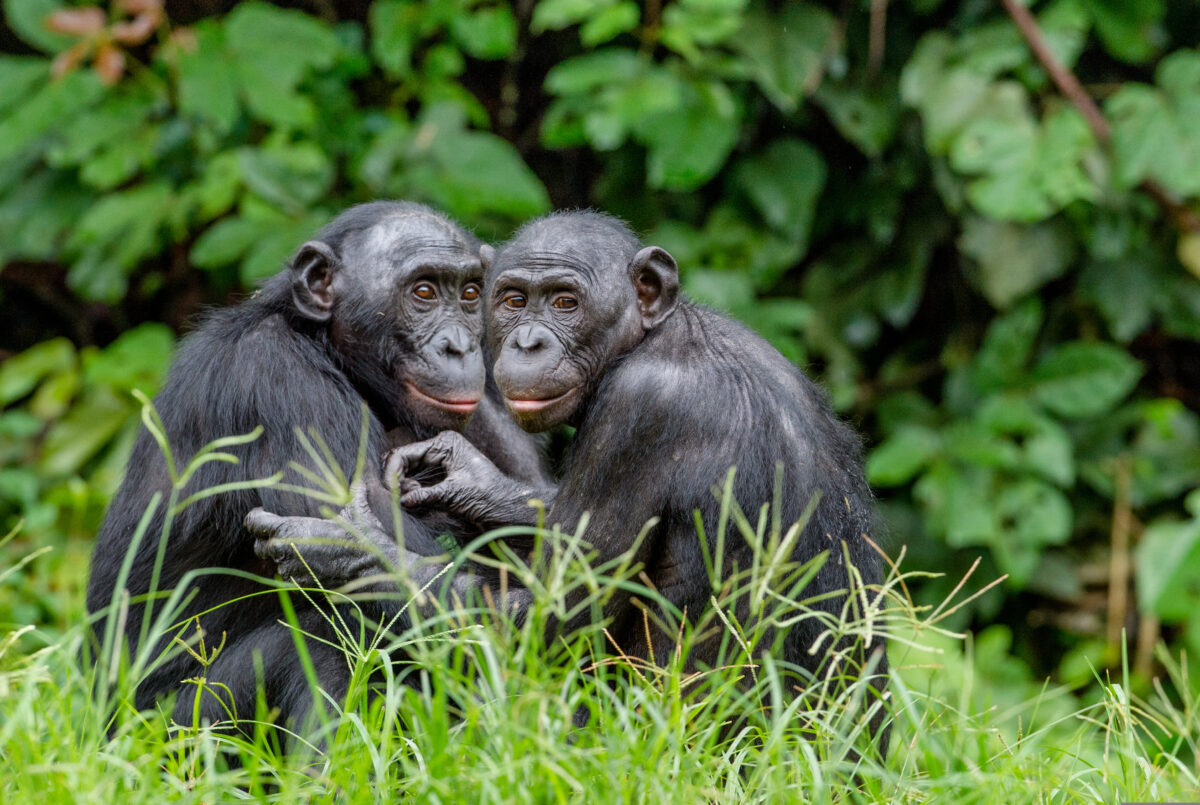
Memo to the Smithsonian: Make Humans Exceptional Again
Pressed by the Trump Administration, the Smithsonian Institution’s Board of Regents has ordered a review of its museums for what President Trump calls “improper, divisive or anti-American ideology.” Mike Gonzalez at the Heritage Foundation observes that “The ordered review can’t come fast enough.” He writes: The Smithsonian has wholeheartedly enlisted in the leftist imperative to “decolonize the American mind” and to change America’s narrative from one that made citizens proud of this nation’s astonishing achievements to a counternarrative that focuses on where America has fallen short and drums shame into citizens. Unfortunately, this shift has accelerated since [Dr. Lonnie] Bunch became the leader of the Smithsonian in 2019. Gonzalez provides dismaying examples from the National Museum of American History, the National Gallery of Read More ›








